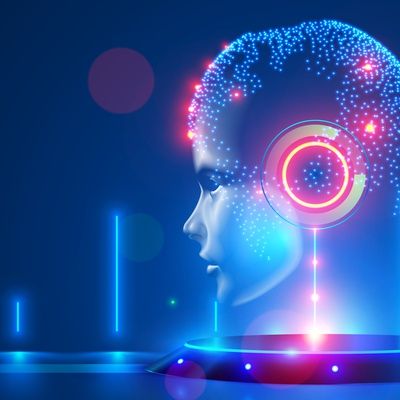Another argument for government to bring AI into its quantum computing program is the fact that the United States is a world leader in the development of computer intelligence. Congress is close to passing the AI in Government Act, which would encourage all federal agencies to identify areas where artificial intelligences could be deployed. And government partners like Google are making some amazing strides in AI, even creating a computer intelligence that can easily pass a Turing test over the phone by seeming like a normal human, no matter who it’s talking with. It would probably be relatively easy for Google to merge some of its AI development with its quantum efforts.
The other aspect that makes merging quantum computing with AI so interesting is that the AI could probably help to reduce some of the so-called noise of the quantum results. I’ve always said that the way forward for quantum computing right now is by pairing a quantum machine with a traditional supercomputer. The quantum computer could return results like it always does, with the correct outcome muddled in with a lot of wrong answers, and then humans would program a traditional supercomputer to help eliminate the erroneous results. The problem with that approach is that it’s fairly labor intensive, and you still have the bottleneck of having to run results through a normal computing infrastructure. It would be a lot faster than giving the entire problem to the supercomputer because you are only fact-checking a limited number of results paired down by the quantum machine, but it would still have to work on each of them one at a time.
But imagine if we could simply train an AI to look at the data coming from the quantum machine, figure out what makes sense and what is probably wrong without human intervention. If that AI were driven by a quantum computer too, the results could be returned without any hardware-based delays. And if we also employed machine learning, then the AI could get better over time. The more problems being fed to it, the more accurate it would get.









Comments are closed.